

Since its inception in 1998, ANTS has been a highly selective, single-track meeting that provided a forum for discussing advances in the field of swarm intelligence. It solicits submissions presenting significant, original research from researchers and practitioners of any area related to swarm intelligence.
Swarm intelligence is an interdisciplinary and rapidly evolving field, rooted in the study of self-organizing processes in both natural and artificial systems. Researchers from disciplines ranging from ethology to statistical physics have developed models that explain collective phenomena, such as decision-making in social insect colonies and collective movements in human crowds. Swarm-inspired algorithms and methods have proven effective in solving complex optimization problems and creating multi-robot and networked systems of unparalleled resilience, adaptability and scalability. Applications of swarm intelligence continue to grow and become increasingly critical for addressing societal challenges such as environmental sustainability, food security, health, and global conflicts.
The 2026 edition’s theme is "reaching beyond - swarm intelligence across systems, disciplines, and communities". The conference seeks to encourage new perspectives, help bridge traditional boundaries and enable open debate on what could be ambitious, exploratory, and groundbreaking endeavors to embark on.
 Call for Papers
Call for Papers
The Proceedings are published by Springer-Nature in their Lecture Notes in Computer Science LNCS series.

The journal Swarm Intelligence will publish a special issue dedicated to ANTS 2026 that will contain extended versions of selected research works presented at the conference.
For accommodation we suggest to book directly at a hotel of your choice. Google Maps can be used to check public transport options to the venue.
Bio: Guido de Croon received his M.Sc. and Ph.D. in the field of Artificial Intelligence (AI) at Maastricht University, the Netherlands. Currently, he is Full Professor at the Micro Air Vehicle lab (MAVLab) of Delft University of Technology. Furthermore, he is editor-in-chief of the Nature portfolio journal of Robotics. His research interest lies with computationally efficient, bio-inspired algorithms for autonomous, light-weight flying robots, with an emphasis on computer vision. His work has included fully autonomous flight of the 20-gram flapping wing drone "DelFly Explorer" and a swarm of tiny, 30-gram nano-copters able to explore unknown environments and localize gas leaks. Moreover, his group has made several advances in energy-efficient, low-latency neuromorphic sensing and processing for autonomous drones. Finally, his work has generated various new hypotheses on biological intelligence, including how honeybees actively evaluate distances with optical flow and how flying insects can estimate their flight attitude without using accelerometers.
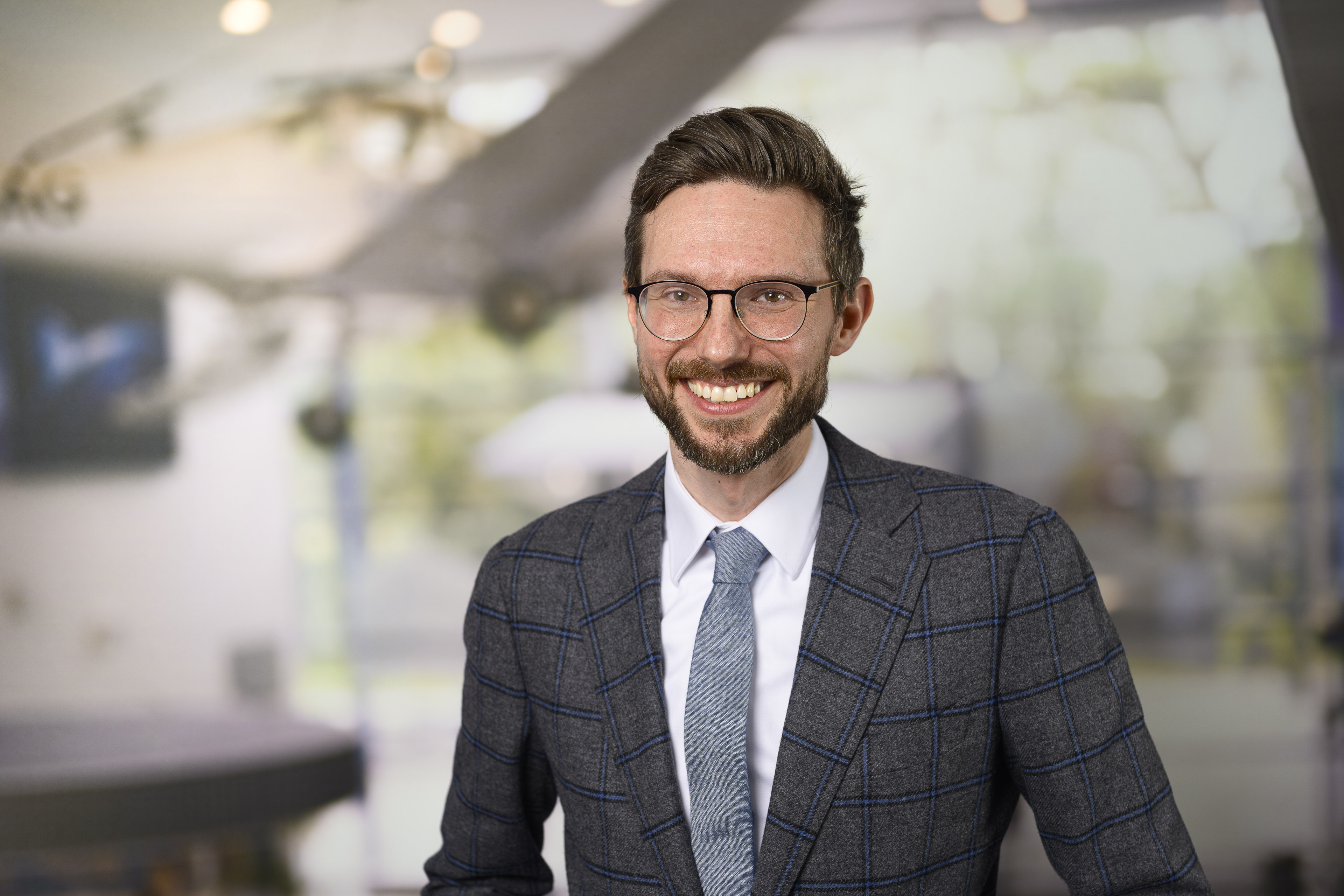
Bio: Sharon C. Glotzer is the John Werner Cahn Distinguished University Professor of Engineering and the Stuart Churchill Collegiate Professor of Chemical Engineering at the University of Michigan, Ann Arbor. She also holds faculty appointments in Materials Science & Engineering, Physics, Applied Physics, and Macromolecular Science and Engineering, and is an elected member of the U.S. National Academy of Sciences, U.S. National Academy of Engineering, American Academy of Arts & Sciences, and the Royal Society of Chemistry in the UK. Her research on computational assembly science and engineering aims toward the predictive design of colloidal and soft matter, with emphasis on complex particles and particle systems. Using simulation, geometrical concepts, and statistical mechanics, her research group seeks to understand the complex behavior emerging from simple rules and forces and to use that knowledge to design new classes of materials. Her work includes control of spatiotemporal organization in soft matter, discovery of one-dimensional dynamical structures in dense atomic, molecular and particulate fluids, and the discovery of high entropy colloidal crystals and quasicrystals for which she introduced the notion of entropic bonding. Glotzer’s “patchy particle” framework for designing and rationalizing assemblies of nanoparticles has been guiding experiments for two decades. Recently, her group introduced the “flexicle” as a conceptual platform for colloidal robotics. Glotzer’s group also develops and disseminates powerful open-source software, including the particle simulation toolkit HOOMD-blue.
Bio: Jesús Gómez-Gardeñes is Full Professor of Condensed Matter Physics at the University of Zaragoza and senior researcher at the Institute for Biocomputation and Physics of Complex Systems (BIFI), where he leads the Group of Theoretical and Applied Modeling (GoThAM Lab). His research is grounded in Statistical and Nonlinear Physics, with a central focus on Network Science and on how macroscopic collective phenomena emerge from microscopic interaction rules. Gómez-Gardeñes has made fundamental contributions to the understanding of the structure and dynamics of complex systems, particularly in congestion phenomena in traffic routing, synchronization transitions, multilayer network dynamics, and evolutionary game theory. A unifying theme of his work is the analysis of how structural organization constraints and shapes functional behavior. His research has received broad international recognition, especially for applications to real-world problems, including large-scale, data-driven modeling of epidemic spreading and the study of cooperation and cultural accumulation in real populations. Methodologically, his work combines analytical approaches, high-performance numerical simulations, and empirical data analysis, allowing him to connect theoretical models with operational tools for realistic scenarios. This integrative perspective is reflected in a prolific publication record in leading journals and a citation impact that positions him as a reference figure in the international complex systems community.
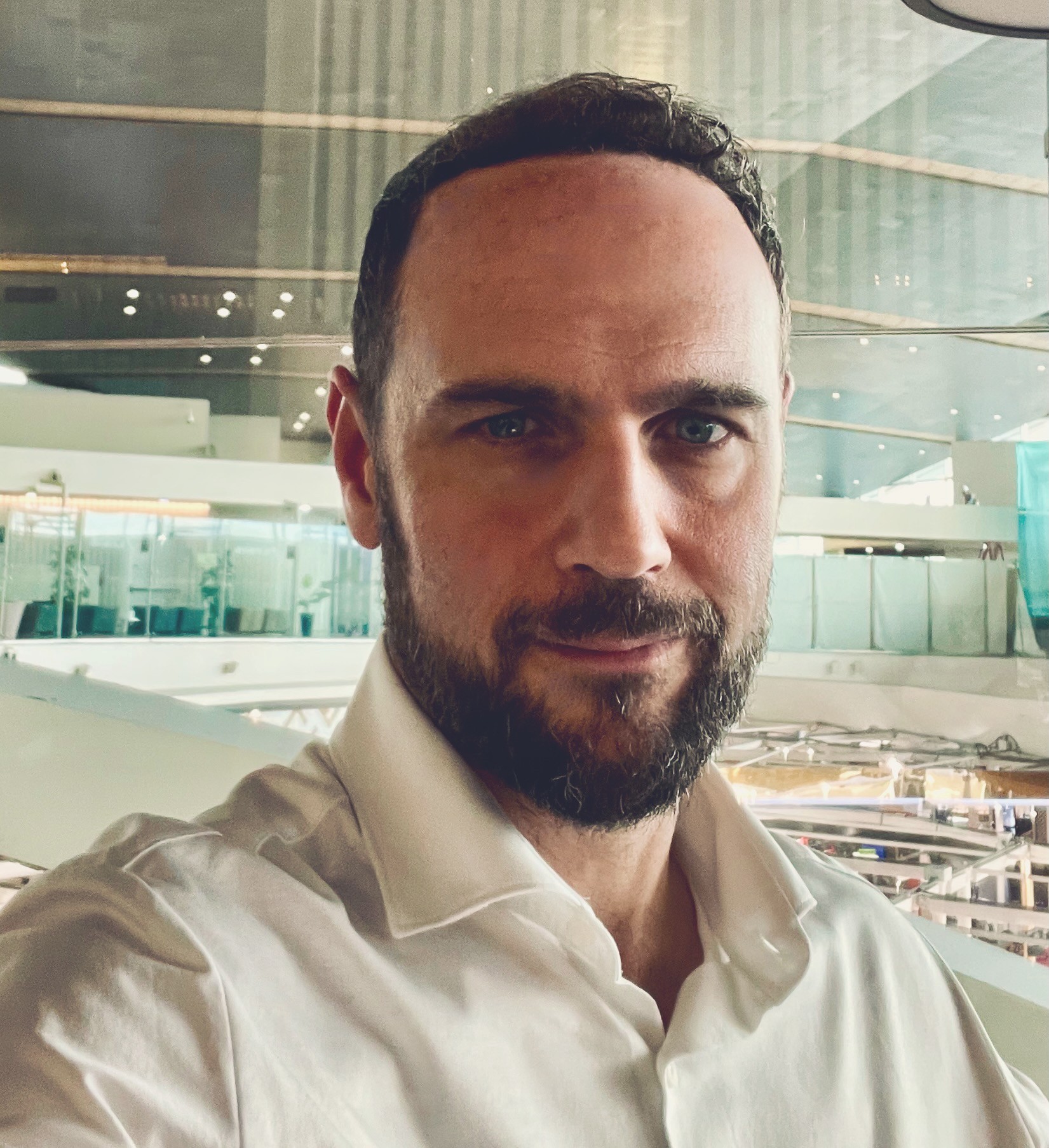
Bio: Prior to joining Cambridge, Amanda Prorok was a postdoctoral researcher at the General Robotics, Automation, Sensing and Perception (GRASP) Laboratory at the University of Pennsylvania, USA. She completed her PhD at EPFL, Switzerland. She has been honored by numerous research awards, including an ERC Starting Grant, an Amazon Research Award, the EPSRC New Investigator Award, the Isaac Newton Trust Early Career Award, and several Best Paper awards. Her PhD thesis was awarded the Asea Brown Boveri (ABB) prize for the best thesis at EPFL in Computer Science. She serves as Associate Editor for IEEE Robotics and Automation Letters (R-AL) and Associate Editor for Autonomous Robots (AURO).
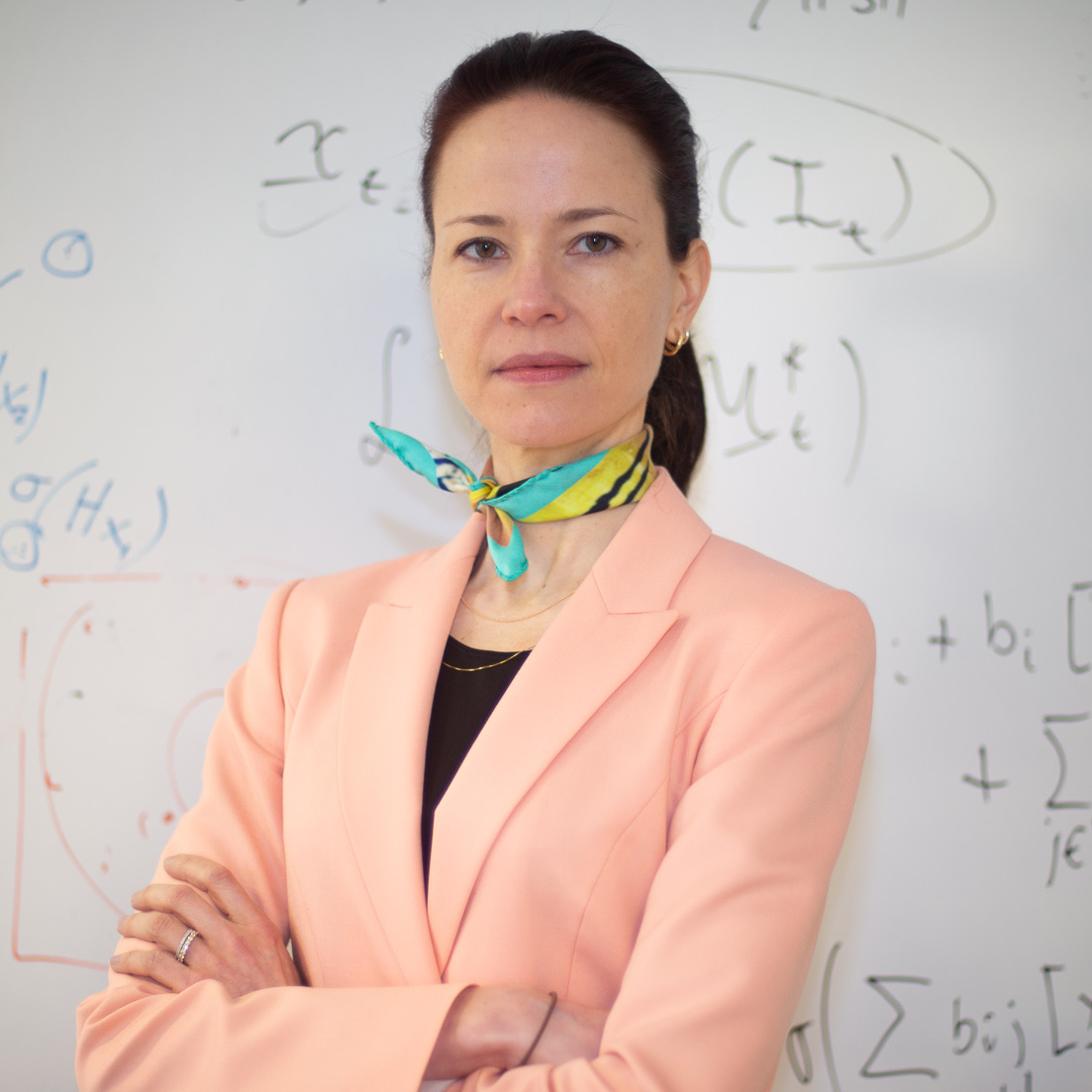
Bio: Thomas Watteyne is an insatiable enthusiast of low-power wireless technologies. He holds a Senior Research Director position at Inria in Paris, where he leads the AIO research team that designs, models and builds networking solutions based on a variety of Internet-of-Things (IoT) standards. He is Wireless System Architect at Analog Devices, the undisputed leader in supplying low power wireless mesh networking solutions for critical applications for industrial and beyond. Since 2023, Thomas is the scientific coordinator of the Horizon Europe OpenSwarm project. In 2019, he co-founded Wattson Elements, the company that develops the award-winning Falco marina management solution. Between 2013 and 2022, Thomas co-chaired the IETF 6TiSCH working group to standardize how to use IEEE802.15.4e TSCH in IPv6-enabled mesh networks. He was a postdoctoral research lead in Prof. Kristofer Pister’s team at the University of California, Berkeley. He founded and co-leads Berkeley’s OpenWSN project, an open-source initiative to promote the use of fully standards-based protocol stacks for the IoT. Between 2005 and 2008, he was a research engineer at France Telecom, Orange Labs. He holds a PhD in Computer Science (2008), an MSc in Networking (2005) and an MEng in Telecommunications (2005) from INSA Lyon, France. He is a Senior member of IEEE. He is fluent in 4 languages.

Bio: Liam Young is a designer, director and BAFTA nominated producer renowned for his innovative work at the intersection of design, fiction, and futures. Described by the BBC as ‘the man designing our futures’, his visionary films and speculative worlds are both extraordinary images of tomorrow and urgent examinations of the environmental questions facing us today. As a worldbuilder he visualizes the cities, spaces and props of our imaginary futures for the film and television industry and with his own films he has premiered with platforms ranging from Channel 4, Apple+, SxSW, Tribeca, the New York Metropolitan Museum, The Royal Academy, Venice Biennale, the BBC and the Guardian. His films have been collected internationally by museums such as MoMA New York, the Art Institute of Chicago, SF MoMA, The Smithsonian, the Victoria and Albert Museum, the National Gallery of Victoria and M Plus Hong Kong and has been acclaimed in both mainstream and design media including features with TED, Wired, New Scientist, Arte, Canal+, Time magazine and many more. His film work is informed by his academic research and has held guest professorships at Princeton University, MIT, and Cambridge and now runs the ground breaking Masters in Fiction and Entertainment at SCI Arc in Los Angeles. He has published several books including the recent Machine Landscapes: Architectures of the Post Anthropocene and Planet City, a story of a fictional city for the entire population of the earth.
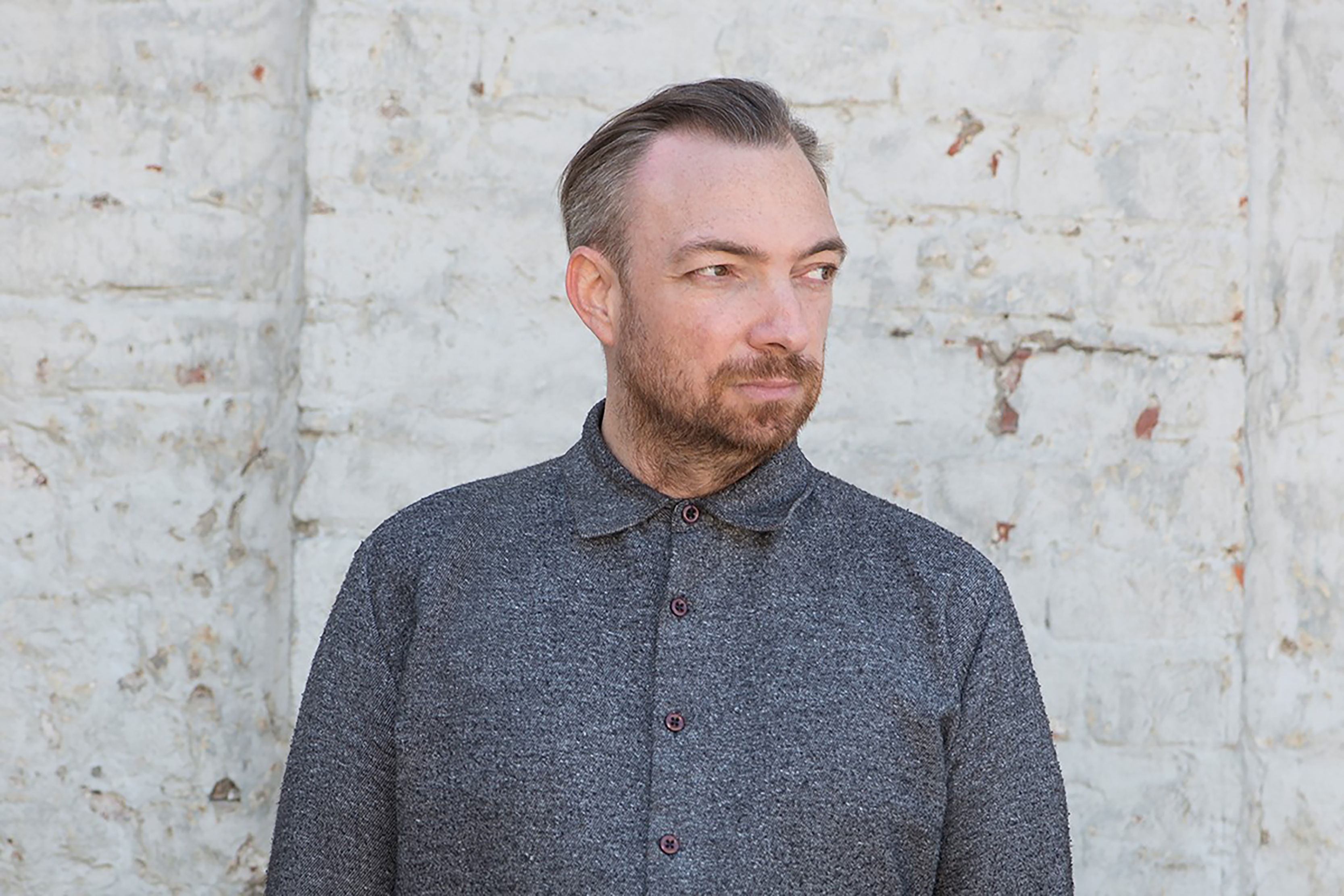
| TBD |
| TBD |
| TBD |
Registration will open in January 2026.
Continuing with a tradition started at
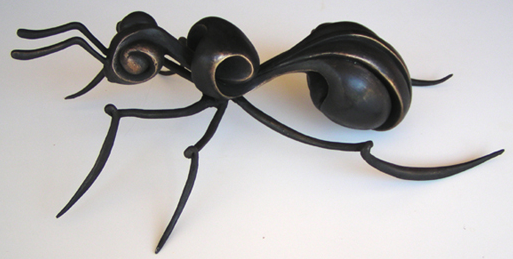
Supplementary video files will be peer-reviewed alongside the regular submissions they complement. Up to four Best Video Awards (EUR 250 each) sponsored by Springer Nature will recognize outstanding submissions.
Submissions may be a maximum of 11 pages, excluding references, when typeset in the Springer Lecture Notes in Computer Science (LNCS) LaTeX template. Submissions should be a minimum of 7 full pages.
This strict page limit includes figures, tables, and all supplementary sections (e.g., Acknowledgements). The only exclusion from the page limit is the reference list, which should be of any length suitable to adequately position the paper with respect to the state of the art.
Papers should be prepared in English, in the Springer LNCS LaTeX style, using the default font and font size. Authors should consult Springer’s authors’ guidelines and use their proceedings template for LaTeX, for the preparation of their papers. Please download the Proceedings (LNCS) LaTex template package (zip, 318 kB) and authors' guidelines (pdf, 244 kB) directly from the Springer website.
All submissions will undergo single-blind peer review, that is, they should include author names and affiliations.
Submissions that do not respect these guidelines will not be considered.
Note: Authors may find it convenient that Springer LNCS LaTex templates are available in Overleaf.
The initial submission must be in PDF format.
All submissions must comply with Springer Nature’s Book Authors’ Code of Conduct.
Please note that in the camera-ready phase, authors of accepted papers will need to submit both a compiled PDF and all source files (including LaTeX files and figures).
The camera-ready phase will have more detailed formatting requirements than the initial submission phase.
Springer offers authors the option of including videos in their proceedings papers. You may (optionally) upload a supplementary video file (only MP4 format, maximum duration of 180 seconds, maximum file size of 50 MB, resolution 16:9). Please note that a video that was NOT submitted with the initial submission of an ANTS paper, will NOT be accepted at a later date. Authors must not violate privacy and confidentiality rules and, as always, permission must be sought for use of third-party content.
The paper submission system closes at 23:59:59 (AoE) on 20 November 2025.
Submitted papers will be peer-reviewed on the basis of relevance, originality, technical quality, significance, and presentation quality (see  Review Form). If a submission is not accepted as a full length paper, it may still be accepted either as a short paper or as an extended abstract. In such cases, authors will be asked to reduce the length of the submission accordingly. Authors of all accepted papers will be asked to execute revisions, based on the reviewers’ comments.
Review Form). If a submission is not accepted as a full length paper, it may still be accepted either as a short paper or as an extended abstract. In such cases, authors will be asked to reduce the length of the submission accordingly. Authors of all accepted papers will be asked to execute revisions, based on the reviewers’ comments.
The Proceedings are published by Springer-Nature in their Lecture Notes in Computer Science (LNCS) series.

The journal Swarm Intelligence will publish a special issue dedicated to ANTS 2026 that will contain extended versions of selected research works presented at the conference.